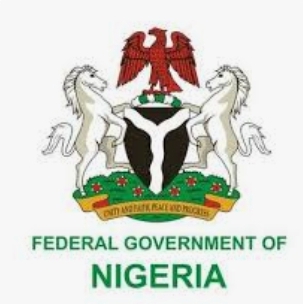In response to the prevailing economic challenges, the federal government has pledged to commence the distribution of 42,000 metric tons of grains, as ordered by the President, to alleviate the plight of vulnerable Nigerians.
The distribution is set to kick off next week, although a specific date has not been disclosed.
The decision to release the grains stems from the President’s commitment to cushion the impact of the ongoing economic hardship experienced by Nigerians.
This initiative follows discussions between the Governor of Niger State, Umar Bago, and the Minister of Agriculture and Food Security, Dr. Abubakar Kyari, preceding the launch of the state’s mechanisation programme by President Bola Tinubu.
Highlighting the government’s initiative to address economic hardships through grain distribution.
Commitment to Vulnerable Nigerians: Emphasising the President’s commitment to supporting vulnerable citizens during tough times.
State’s Involvement in Relief Efforts: Showcasing the proactive role of state governments, such as Niger State, in complementing federal efforts to alleviate economic distress.
Distribution Transparency: Assuring transparency in the distribution process, involving various stakeholders to prevent misuse or mismanagement.
The distribution of grains will commence in Niger State as a pilot project for the North-Central region, with plans for subsequent extension across the country.
Furthermore, the state government, in addition to the federal assistance, has procured 120,000 trucks of grains for free distribution to its populace, reflecting a collaborative effort to mitigate the challenges faced by citizens.
The grains, comprising sorghum, millet, maize, and gari, will be disbursed nationwide.
The Minister of Agriculture and Food Security, Dr. Kyari, has affirmed that the second phase of the dry season farming will also commence in Niger State before extending to other regions.
The distribution mechanism will be overseen by the National Emergency Management Agency (NEMA) and the Office of the National Security Adviser (ONSA), ensuring fair and transparent allocation at the grassroots level.
Security measures will be heightened to prevent grain hijacking, with the involvement of security agencies and active participation from media, civil society organisations (CSOs), religious groups, and workers unions to monitor the process and ensure accountability.
The government remains committed to addressing the concerns of the populace and upholding transparency in all relief operations, assuring citizens of a fair and equitable distribution process.











